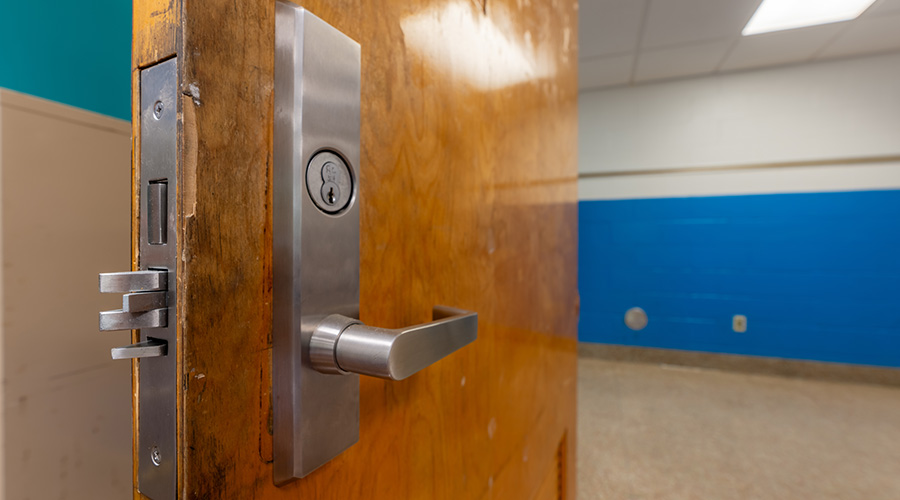Three Common Boiler Safety Devices
June 10, 2014
All boilers and domestic water heaters have a range of built-in devices to help ensure their safe operation. Like other components of building mechanical systems, they require periodic maintenance to ensure proper operation. Boiler operators and technicians should pay close attention to three key safety devices to protect personnel, equipment, and the facility:
- Safety valves. The safety valve is the most important safety device in a boiler or domestic hot-water system. It is designed to relieve internal pressure if a range of failures occurs within the system. Although it is simple in design and straightforward in operation, something as simple as corrosion or restricted flow within the valve and its related piping can affect its operation.
- Water-level control and low-water fuel cutoff. Many systems combine these two separate boiler-safety functions into one unit. They are designed to ensure the water level within a boiler never falls below a predetermined amount. Should that situation occur, the system is designed to shut down the boiler by cutting off its fuel. Proper functioning requires operators to make sure no build-up of sludge or scale exists within the system that would interfere with its detection and operation.
- Water-gauge glass. Even with a functioning water-level-control system, operators must verify the actual level of water in the system. Here, too, a build-up of sludge and scale can give false level indications.
Next
Read next on FacilitiesNet







